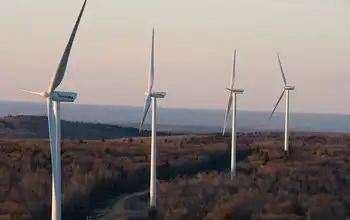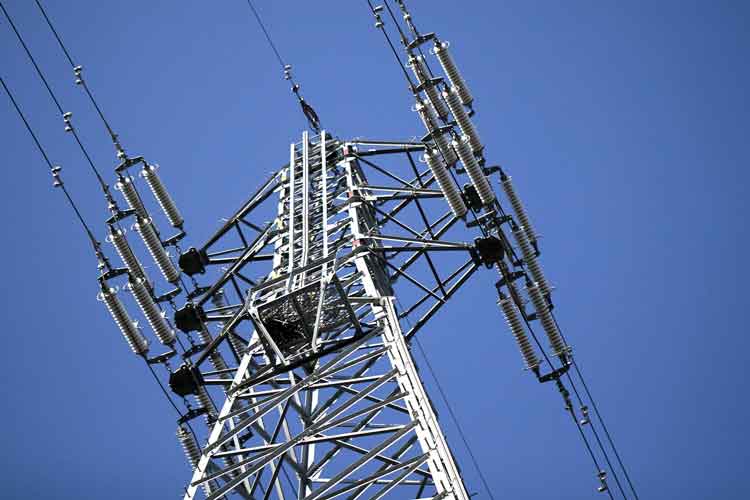Ontario power-rate hike next April now law
- Average household electricity bills in Ontario will rise between $5 and $15 a month starting in April as the new Liberal government pushed its first law through the legislature recently. The legislation imposes a two-tier rate system.
Electricity will cost 4.7 cents a kilowatt-hour for the first 750 kilowatt-hours used in a month. That's an increase of nine per cent over the 4.3-cent cap imposed by former Conservative premier Ernie Eves in Autumn 2003.
Above that threshold, which about 55 per cent of Ontario households cross, the price will be 5.5 cents per kilowatt-hour, a jump of close to 30 per cent.
Still, because the price of power comprises only about half the bill, the government estimates the overall increase for homeowners will be about six to 12 per cent. Farms and small businesses will see their bills jump between 15 and 18 per cent.
The legislation, which passed by a vote of 65-20 with the Opposition Tories and New Democrats voting against it, will see energy-intensive households pay about $50 or more a month for power.
A small grocery store or pizzeria, for example, could pay $250 more.
The higher rates will take effect April 1 to allow consumers time to get used to the idea of paying more for power, and Energy Minister Dwight Duncan has said consumers can ease the pain simply by using less.
The Liberal government said it had no choice but to break a campaign promise to leave the rate cap in place given the multibillion-dollar deficit facing the province and the hundreds of millions of dollars it was costing taxpayers.
"I'm pleased in the sense that the legislation has passed and we're able to address a major problem that was created by the previous government," Duncan said recently.
The new price caps are to stay in effect until May 1, 2005, at the latest, by which time a new permanent pricing system will be put in place.
Starting in March, local utilities will be able to recover money they lost under a freeze imposed on distribution rates, but would have to collect the funds from consumers over four years.
Eves imposed the price freeze amid a consumer revolt over soaring hydro bills following his decision to throw open the market to competition in May last year.
While rates were frozen for about half the energy market - households, small businesses and farmers - prices still fluctuate on the wholesale market, with taxpayers picking up the difference.
To date, wholesale prices have averaged 5.8 cents a kilowatt-hour - about 30 per cent above the cap - at a cost to the treasury of more than $800 million.
Critics had also assailed the freeze as counterproductive to conservation.
Related News

840 million people have no electricity – World Bank must fund more energy projects
WASHINGTON - Why isn’t the World Bank using all available energy resources in its global efforts to fight poverty? That’s the question I’ve asked World Bank President David Malpass. Nearly two years ago, the multilateral development bank decided to stop supporting critical coal, oil and gas projects that help people in developing countries escape poverty.
Along with 11 other senators, and as a member who votes on whether to give U.S. taxpayer dollars to the World Bank, I am pressing the bank to lift these restrictions. Developing countries desperately need access to a steady supply of affordable and reliable electricity to…




